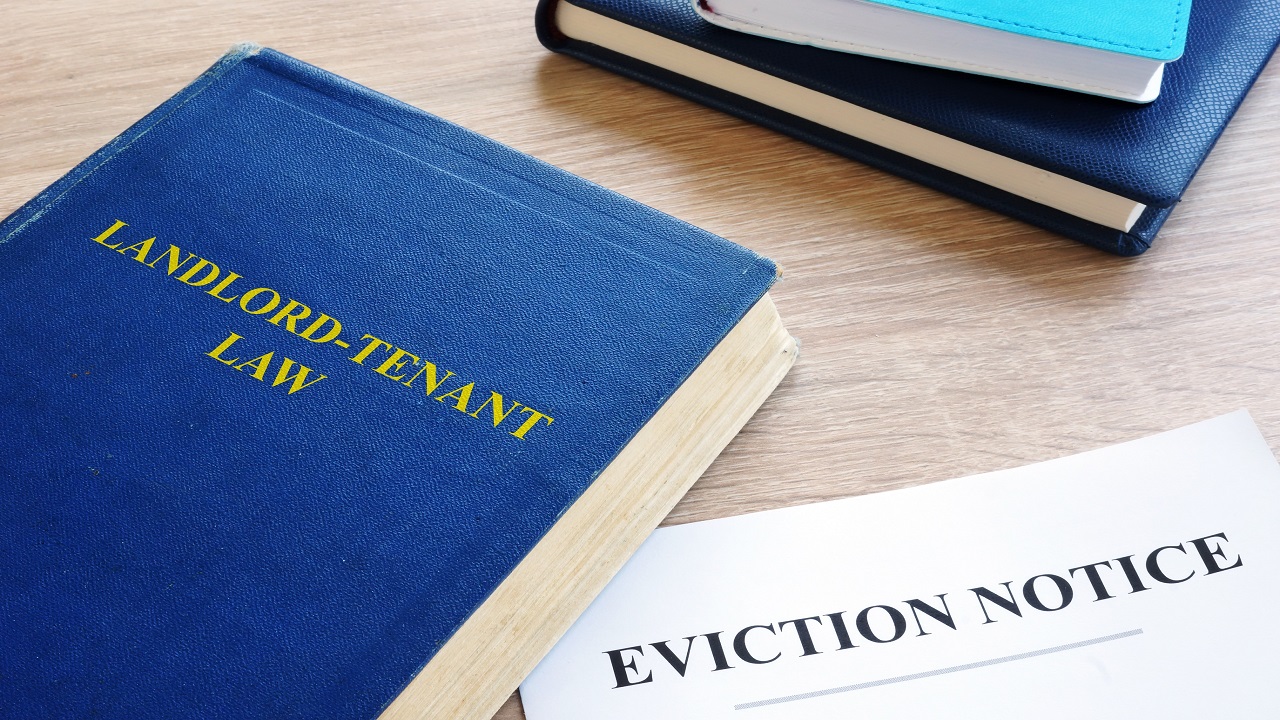
Q: What are the key changes that residential landlords must be aware of now the stay on possession proceedings has ended?
Samuel Lane: For the avoidance of doubt, this answer presumes that the question relates to assured shorthold residential tenants, that the landlord will be the claimant in the proceedings and the property is located in England or Wales.
A landlord should already be aware that prior to issuing legal proceedings, they must first serve notice on their tenant. This notice will be pursuant to either Section 8 or Section 21 of the Housing Act 1988. The ability to serve these notices continued during the stay on possession proceedings between 27 March and 20 September 2020 but the notice period was increased in acknowledgement of the challenges of COVID-19. Likewise, proceedings could still be sent to the court during this stay period, but they would become “stayed”, meaning that they would not progress.
Key changes from 20 September 2020
Perhaps the most obvious change is that, subject to serving a valid notice, a landlord may now issue possession proceedings against their tenant(s) and these proceedings will be issued and served, if so requested, by the court.
- to inform the court that you wish the proceedings to continue as the parties have been unable to remedy matters during the stay
- to inform the court, insofar as you are able, as to the effect of COVID-19 on the tenant.
- the arrears are equal to at least 1 years’ rent, or 9 months’ rent where that amounts to more than 25% of a private landlord’s total annual income from any source
- anti-social behaviour by the tenant.
A review date has now been introduced into the proceedings. This is designed to allow the parties to come to a consensual agreement. The tenant will have the option to obtain legal advice from a duty advisor at the court. The landlord does not need to attend court but should be available by telephone to facilitate any discussion. The landlord will be required to provide an electronic bundle which includes all required materials 14 days prior to the review date. The landlord must also confirm that they are available on the review date. If an agreement is reached, the duty advisor will inform the court who will likely make an order in the agreed terms.
There will also be a pilot mediation scheme, whereby the parties will be invited to participate in mediation within 7 days of the review date, if both parties are prepared to undertake mediation and the duty advisor forms the opinion that the claim has a reasonable chance of settling at mediation, but is too challenging to settle on the review date itself. Priority will be given to the COVID-19 marked claims. The mediation pilot will be publicly funded and may occur via phone, video link or in person.
If the review date does not settle proceedings, a hearing will be listed for 28 days thereafter. No enforcement of possession orders will proceed where there are local lockdown measures in place to protect public health, or over the Christmas period, other than in serious cases. Furthermore, parties should be aware that an application to instruct high court enforcement agents “may not be able to be treated as a high priority”.
Local authorities have been told not to treat a tenant who comes to a resolution with the landlord to vacate a property as intentionally homeless. Finally, it is worth remembering the notice periods that are required when serving either a Section 8 or Section 21 notice have been extended.
In England, a Section 21 notice must now give the tenant at least 6 months' clear notice from the date it is deemed served. A Section 8 notice now typically carries the same notice period but is subject to exceptions. An example of an exception is where at least 6 months’ rent is unpaid; in this scenario not less than 4 weeks’ notice must be given. In Wales, a landlord must now give a tenant at least 6 months’ notice unless the notice relates to anti-social behaviour in which case a landlord must give at least 3 months’ notice.
Act carefully and quickly
A landlord must be alive to these key changes, among others, otherwise it could cost them thousands of pounds. Given the number of recent changes to this area, I would advise all landlords to carefully check the validity of the notice which they intend to rely upon before issuing proceedings. I would further advise that, insofar as they are able, they ask a professional to deal with the matter as early as possible.
There is cause for cautious optimism as a landlord, with local authorities being advised to treat a tenant that settles a claim in the same manner as a tenant who proceeds to a hearing. Currently, many, if not all local authorities treat a tenant who settles a claim as intentionally homeless and therefore not suitable for their help.
This is clearly something that needs addressing as it is entirely unjust to see a tenant deemed intentionally homeless for having the decency to resolve matters. This decency would allow the court to spend time hearing claims where there is a genuine defence rather than waste time or costs on a matter without a defence.
Should local authorities abide by this direction, I believe the number of claims that reach a hearing will fall significantly, especially with the introduction of the review date. However, the success of the review date depends almost entirely upon the stance local authorities seek to take. In theory, the most recent changes appear sensible, however, it remains to be seen how they will work in practice.
